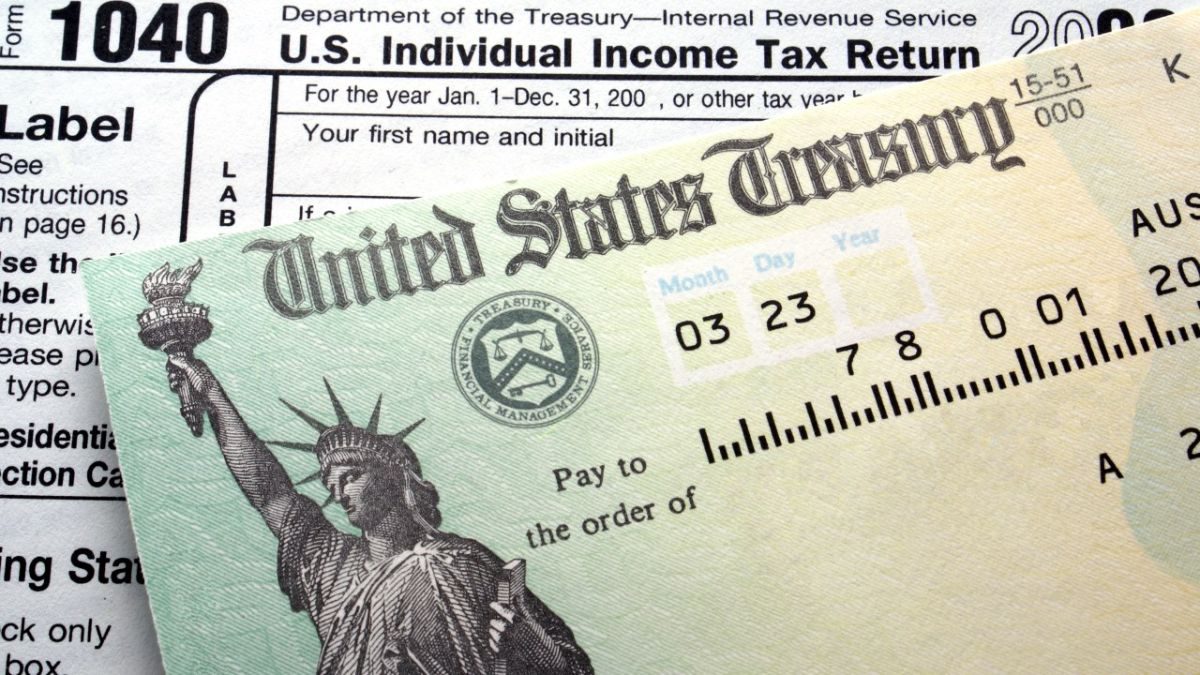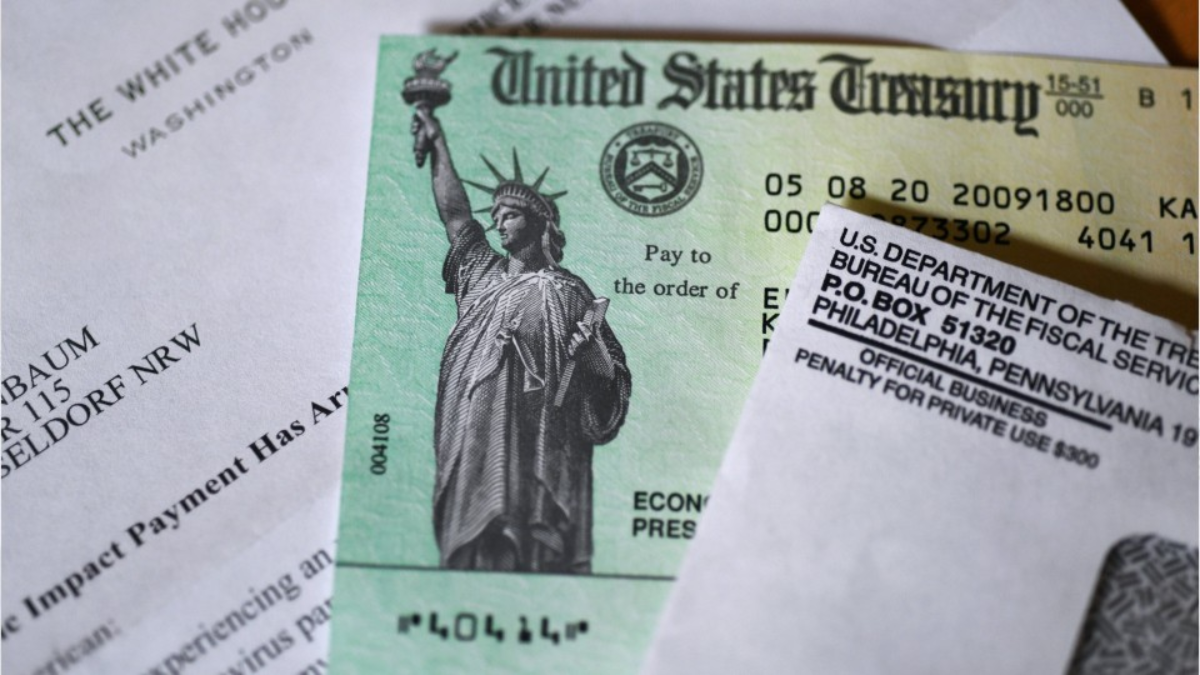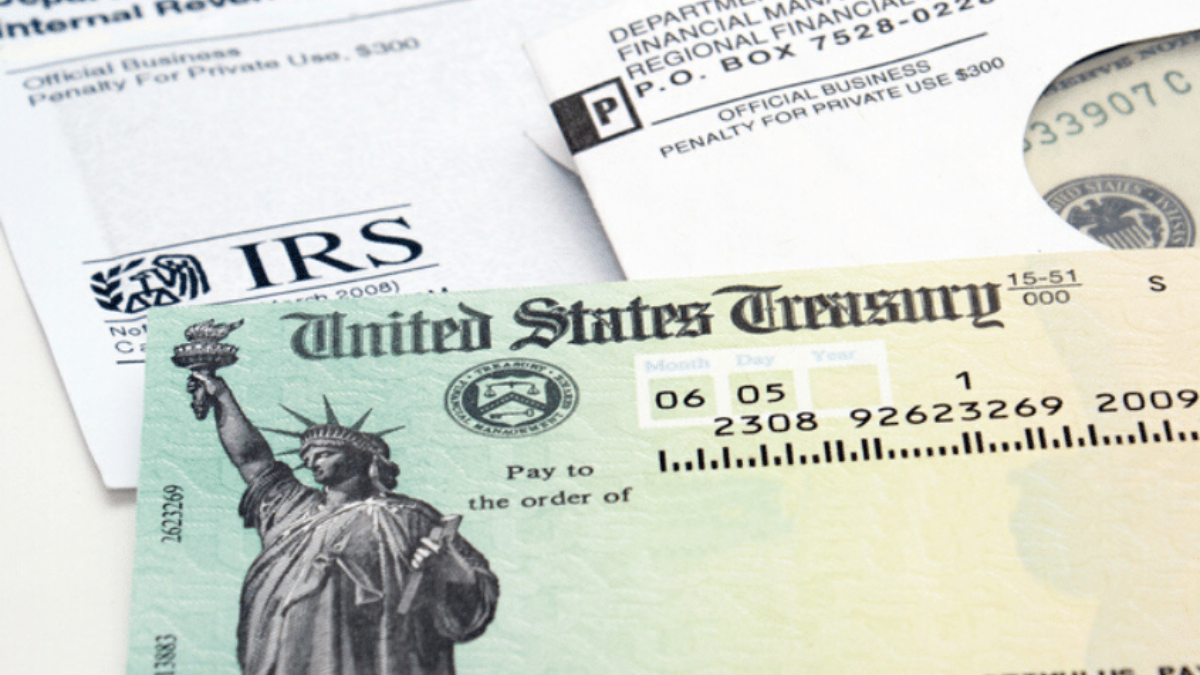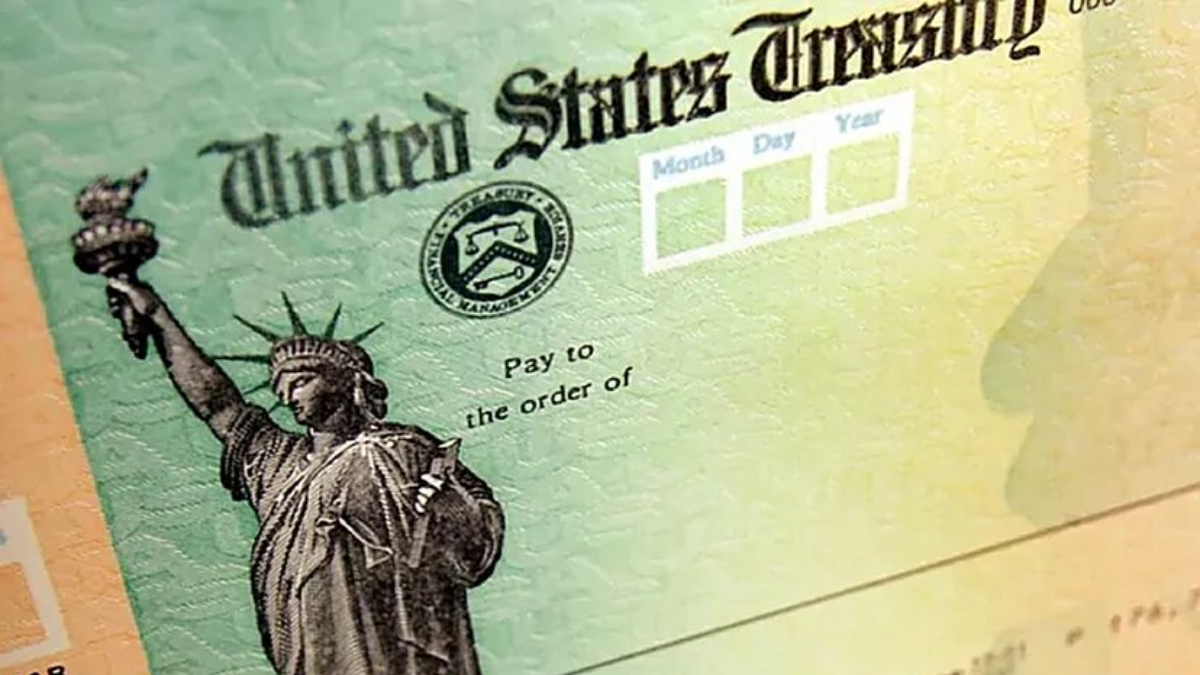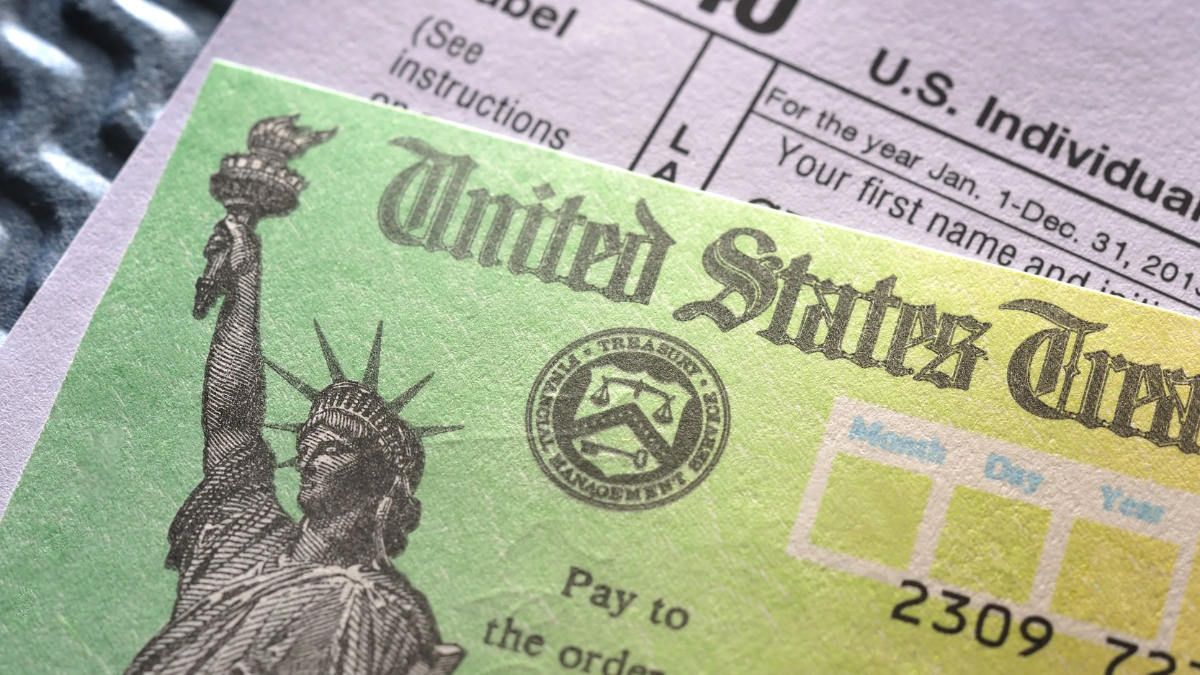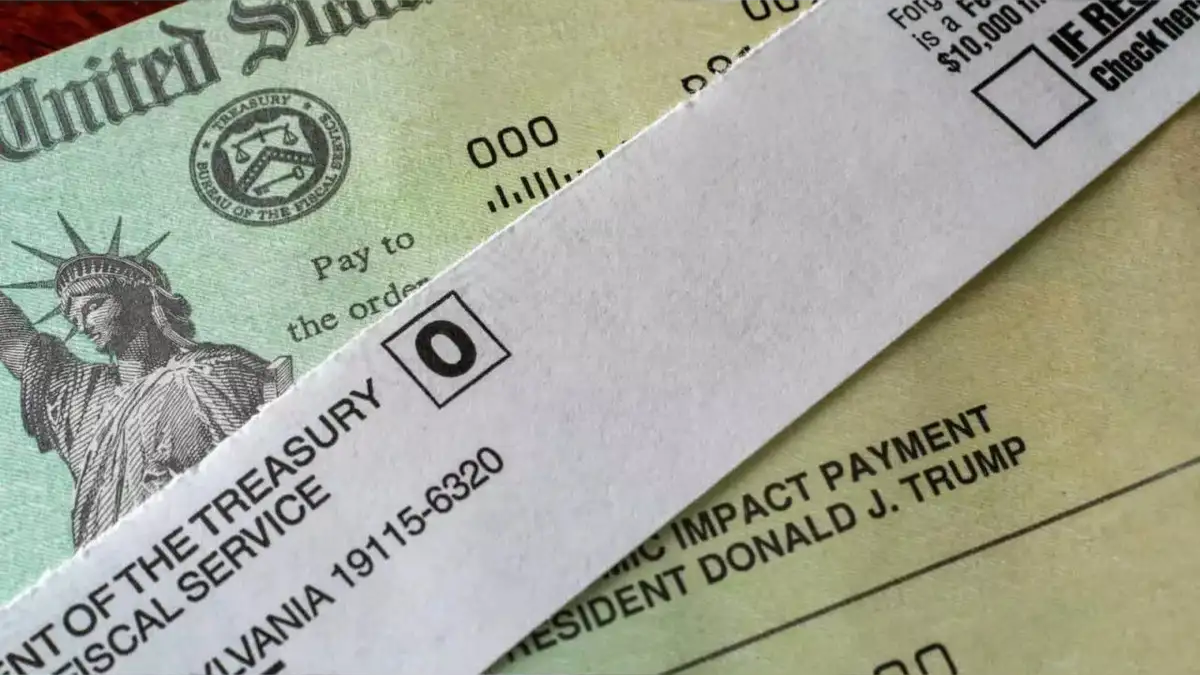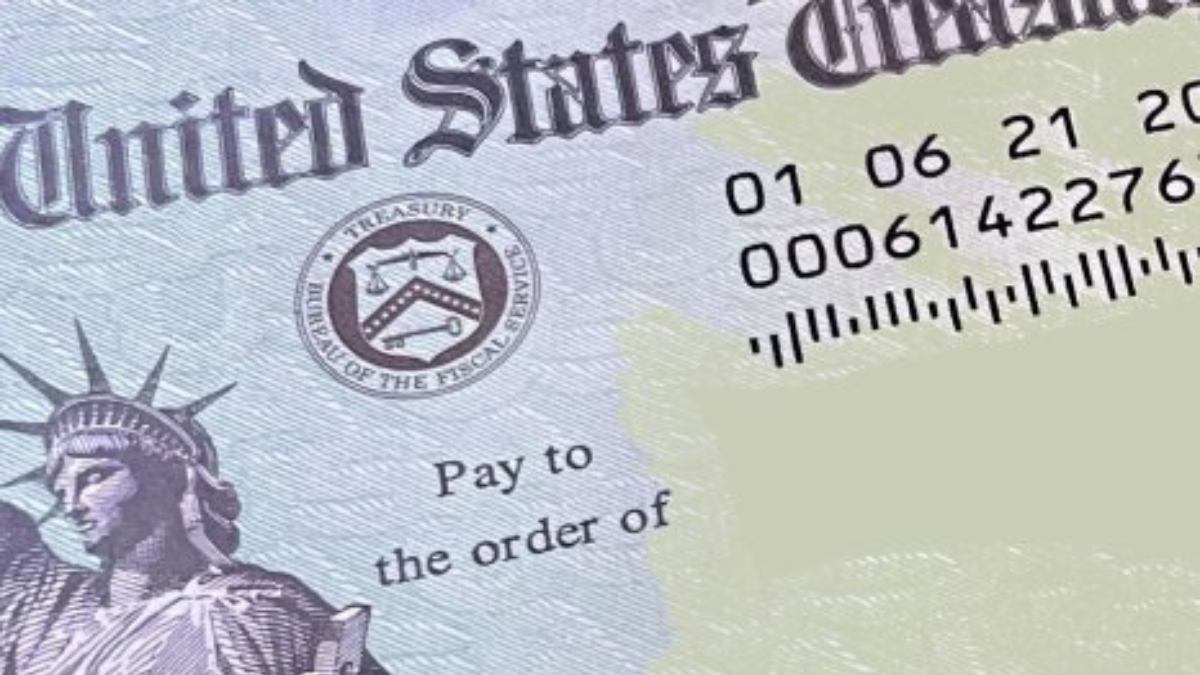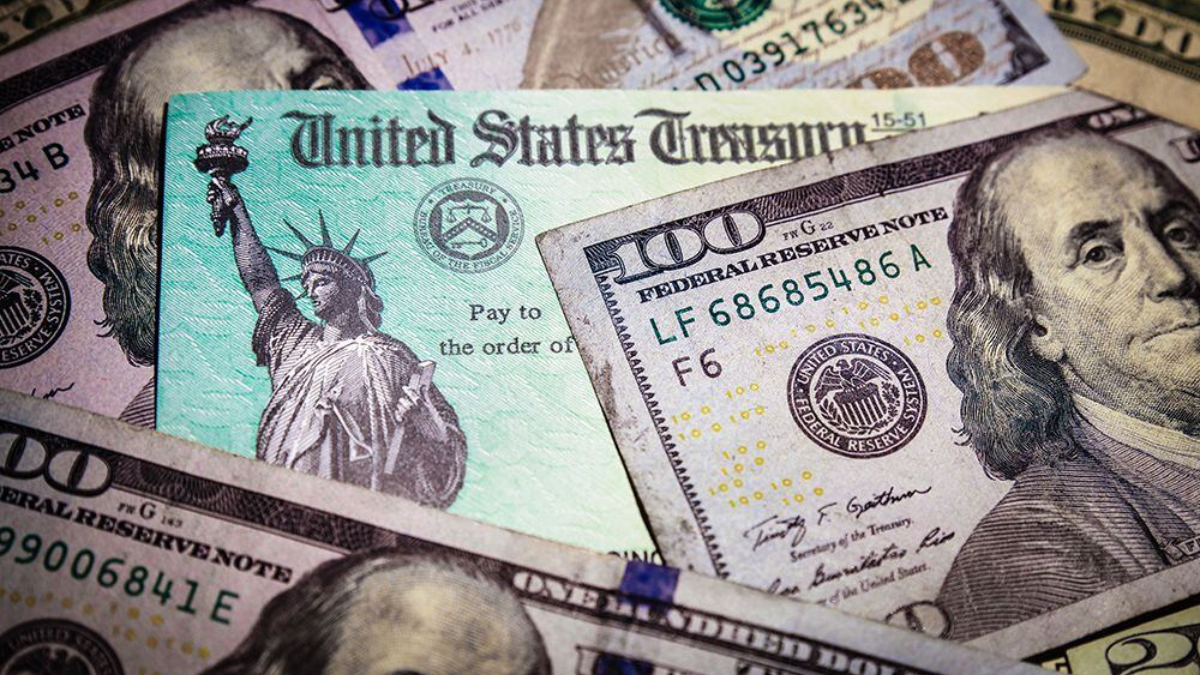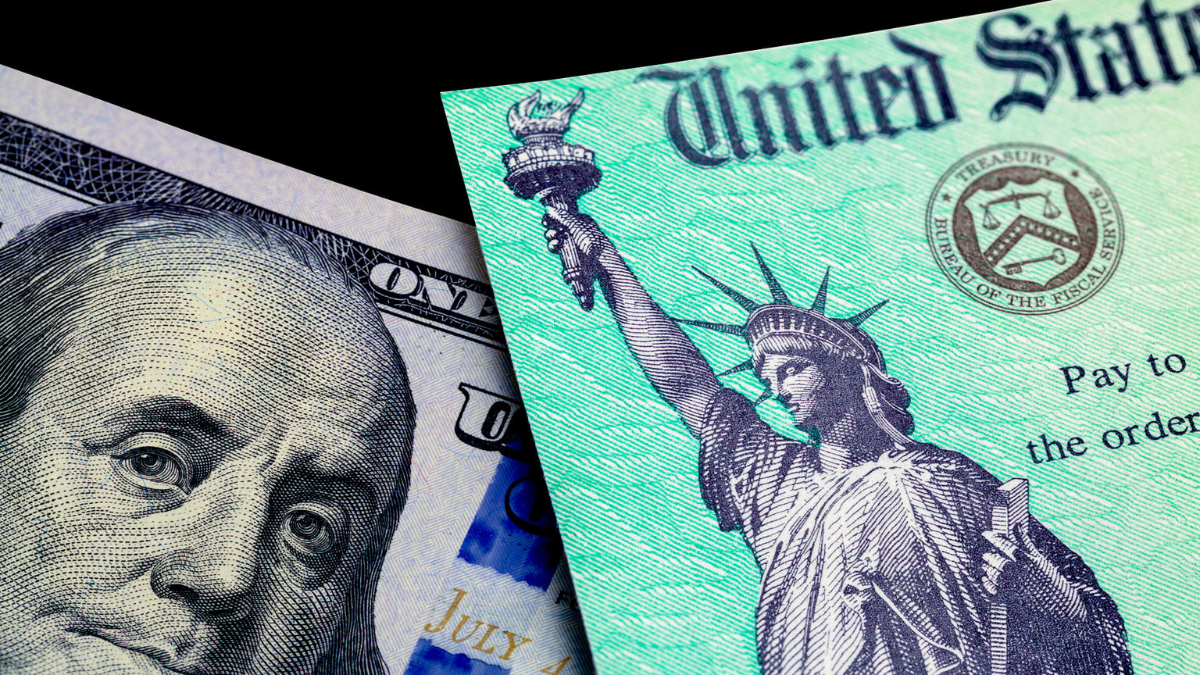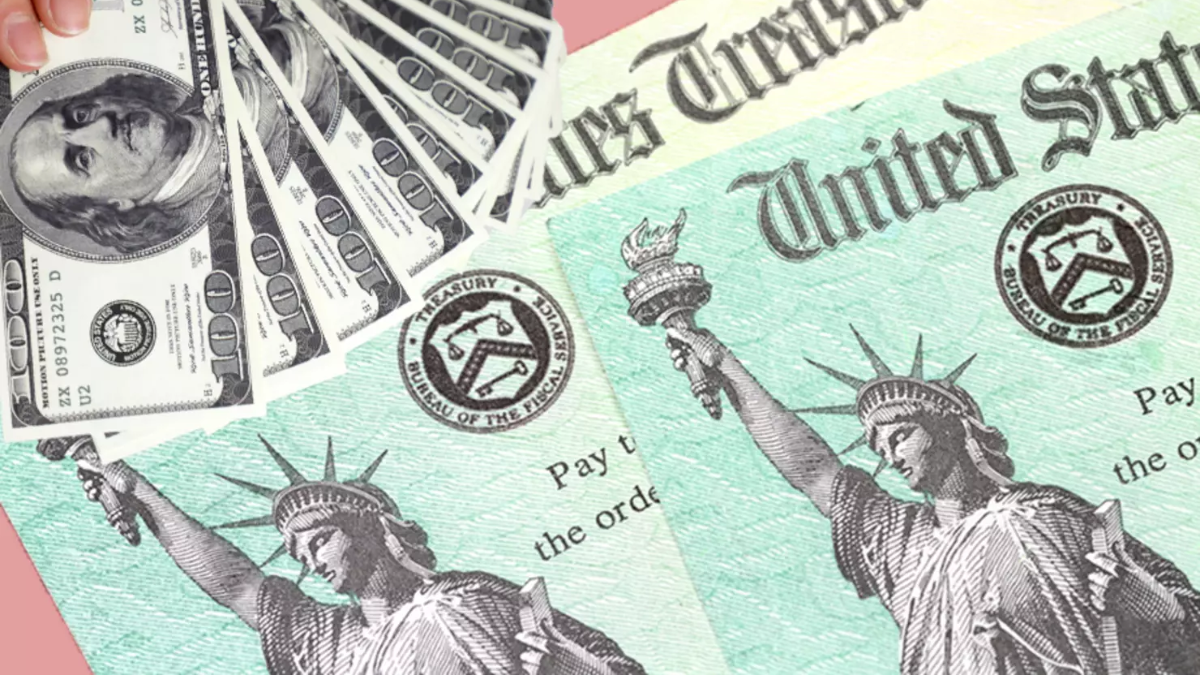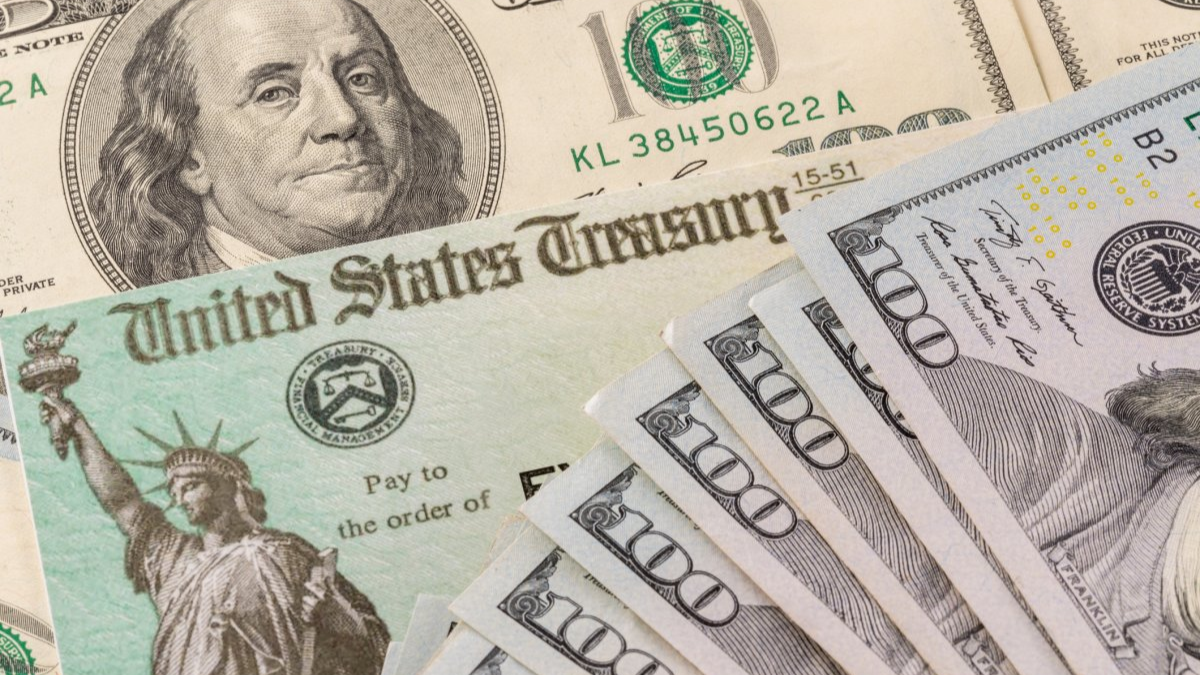A new $1,500 stimulus payment for retirees is set to be distributed in July 2025, offering targeted relief to older Americans facing rising living costs. Here’s a comprehensive overview of who qualifies, when payments will be issued, and what steps you need to take to ensure you receive this support.
Who Qualifies for the $1,500 Stimulus?
To be eligible, you must be 60 years or older, a U.S. citizen or legal resident, and retired or semi-retired, with no full-time employment. Your 2024 adjusted gross income (AGI) must not exceed $45,000 for individuals or $75,000 for couples filing jointly. Social Security recipients, veterans with pension benefits, and retirees receiving other retirement income are included—provided overall AGI remains below thresholds. You also must have filed a 2024 federal tax return or submitted a non-filer form by June 30, 2025.
How and When Payments Are Distributed
The IRS will issue payments either via direct deposit or mailed checks, depending on your filing information. Direct deposits are scheduled to hit bank accounts between July 15–20, 2025. Paper checks will be mailed from July 25 to August 10, with delivery by mid‑August. To ensure fast delivery, update your direct deposit details in the IRS “Get My Payment” portal by July 10, 2025. After payments begin, the portal will display your expected deposit date.
| Key Milestone | Deadline / Date |
|---|---|
| Tax Filing or Non‑Filer Form Due | June 30, 2025 |
| Direct Deposit Info Update | July 10, 2025 |
| Direct Deposit Payment Window | July 15–20, 2025 |
| Mailed Checks Issued | July 25–August 10, 2025 |
| Portal Tracking Available | Starting July 12, 2025 |
What to Do Before Payments Start
If you haven’t filed your 2024 tax return or non-filer form, do so by June 30. Following that, verify your direct deposit information in the IRS portal by July 10—this ensures you’re set for electronic payment. Starting July 12, the portal will display payment status, including “Scheduled” or “Sent.” Watch your bank account for the deposit between July 15–20, and expect a mailed check by early August if direct deposit isn’t set up.
What To Do If You Don’t Receive Your Payment
If you haven’t received the payment by August 15, 2025, revisit the IRS portal for your status. Common issues include outdated banking info, identity verification holds, or IRS processing delays. If flagged, follow prompts to correct the problem. If issues persist after five business days, call the Economic Impact Payment hotline at 1‑800‑919‑9835 with your Social Security number, AGI, and portal status for assistance.
The new $1,500 stimulus for retirees can provide timely financial relief in July 2025. Ensure eligibility by filing taxes by June 30, updating direct deposit info by July 10, and tracking your payment via the IRS portal from July 12. If something goes wrong, act quickly to resolve issues. With a bit of preparation, retirees can receive this crucial support without delay.
FAQ’s:
1. Is the $1,500 taxable?
No—it is considered non-taxable federal stimulus and won’t impact your tax return.
2. I receive Social Security only—do I qualify?
Yes—Social Security recipients can qualify as long as their AGI falls below the limits.
3. What if I don’t have bank account info?
Payments will be issued via mailed check instead and should arrive by mid‑August.
4. Does the payment affect my Medicare or other benefits?
No—the stimulus does not affect eligibility for Medicare, Medicaid, SNAP, or other benefits.
5. When should I call the IRS if I don’t get paid?
If payment hasn’t arrived by August 20 or if portal shows unresolved issues, call the hotline for help.
